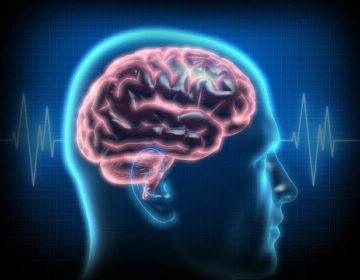Brain Cells Keep Growing Even in Old Age.
A new study reveals that neurons in the brain’s memory center, that neurons in the brain’s memory center, the hippocampus, continue to form well into late adulthood.
A recent study offers strong new evidence that the human brain continues to generate neurons in the hippocampus, its key memory region, well into later stages of life.
Conducted by researchers at Sweden’s Karolinska Institutet, the study addresses a long-standing debate about how adaptable the adult brain really is.
The hippocampus plays a critical role in memory, learning, and emotional regulation.
In 2013, Jonas Frisén and his team at Karolinska Institutet made headlines when they demonstrated that new neurons could form in this region during adulthood.
They then analyzed carbon-14 levels in DNA extracted from brain tissue, which allowed them to estimate the birth date of these cells.
Identifying cells of origin
Despite this earlier discovery, questions remained about how significant adult neurogenesis truly is.
In particular, scientists lacked direct evidence that the cells responsible for generating new neurons, known as neural progenitor cells, are present and actively dividing in adult human brains.
“We have now been able to identify these cells of origin, which confirms that there is an ongoing formation of neurons in the hippocampus of the adult brain,” says Jonas Frisén.
In the new study, the researchers combined several advanced methods to examine brain tissue from people aged 0 to 78 years from several international biobanks.
They used a method called single-nucleus RNA sequencing, which analyses gene activity in individual cell nuclei, and flow cytometry to study cell properties.
By combining this with machine learning, they were able to identify different stages of neuronal development, from stem cells to immature neurons, many of which were in the division phase.




